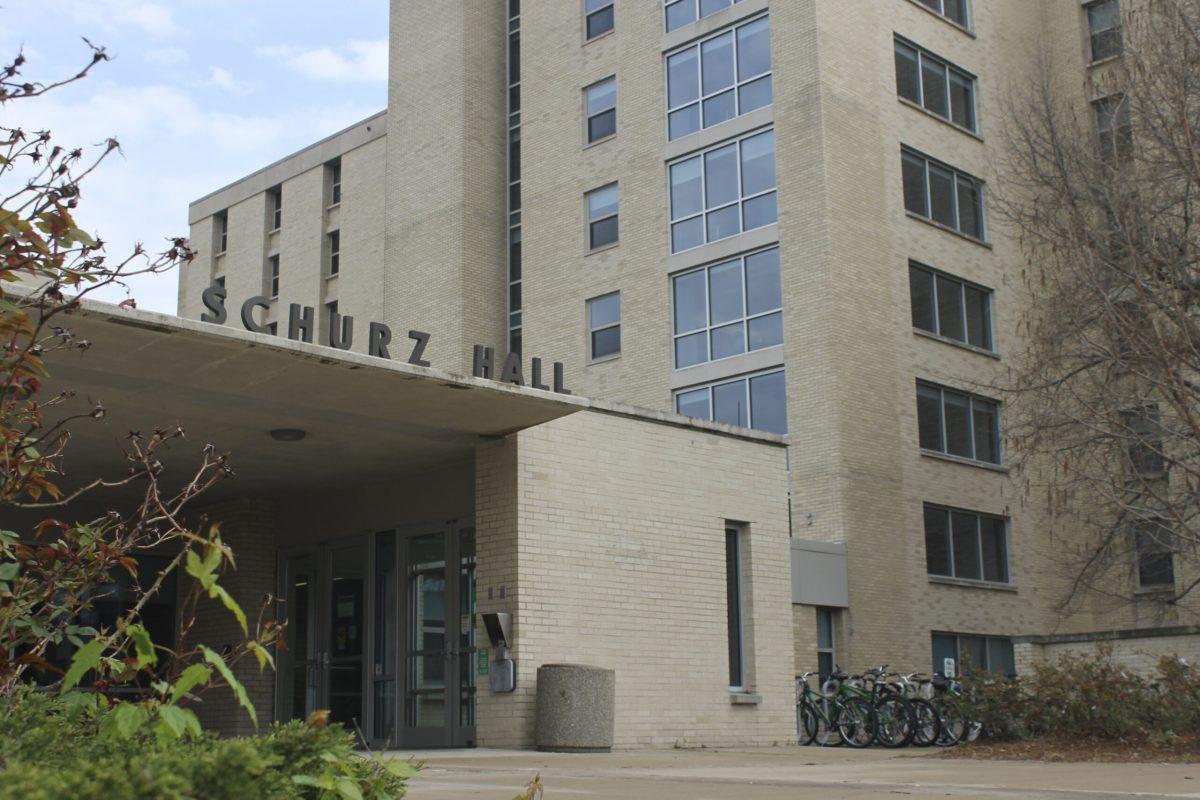
Housing rates for certain residence hall rooms are being reduced for 2019-2020.
Traditional doubles in “low cost” halls, such as Schurz or Hatch Residence Halls, will be lowered by $431, according to the approved proposal presented at the Board of Curators meeting on Nov. 16 and 17. Rates will be raised from current prices for double suites by $470, premium doubles by $90 and mid-range doubles by $70.
The lowest price for a student to live and eat on campus will be $850 per month. This will include the smallest meal plan, Block 150, and a community-style room. This number is about $150 cheaper than the lowest-named price for the previous year.
Along with reduced rates, MU will also provide housing for students over breaks instead of closing halls to save money. This gives students the option to stay in Columbia over breaks or come and go as they please throughout the break.
For a full five-month semester in the 2018-2019 school year, the lowest housing and dining plans total $4,985. For the 2019-2020 school year, this cost is reduced to $4,250.
In comparison, for a freshman living on campus at the University of Kansas for the 2018-2019 academic year, the cheapest room and dining option costs $4,213 per semester. LSU charges $4,460 per semester for a 12-meal-per-week plan and four-person community-style room, both being the cheapest option available. At Ole Miss, the lowest a freshman would pay for housing and dining is $4,137, the meal plan giving one meal per day, plus 40 extra meals.
“I would put our halls up against any in the Midwest in terms of quality,” Nathan Dare, Residence Halls Association president, said in an interview with the MU News Bureau. “As the flagship university, it’s important that MU be affordable for all who wish to come here. If you want to go to a university where affordability doesn’t diminish quality, Mizzou is the place for you.”
Gary Ward, interim vice chancellor of student affairs and vice chancellor of operations, told the MU News Bureau that he estimates that more than 83 percent of students who live on campus will pay less in 2019–2020.
The financial struggle of being a college student is something that Chancellor Alexander Cartwright remembers dealing with.
“As someone who worked my way through college, I understand the tremendous financial barriers that students and their families face. We must always challenge ourselves to be an innovative institution in terms of what we can offer students,” Cartwright said in an interview with the MU News Bureau. “Our job is to serve students, and that’s why I have challenged my team to look for opportunities to enhance the value we provide, making the world-class education offered at Mizzou both accessible and affordable.”
The university has also offered a large amount of scholarships and grants to incentivize students who choose to attend MU. Scholarships like the “Black and Gold” and the “Border States Scholars award” help bring students to the university while also lowering the cost of what can be a financial burden for many.
With the price of college rising, the decrease in housing rates will possibly continue to keep students living in the dorms. The occupancy rate is also incredibly important for a university that not too long ago had to close six dorms due to a drop in enrollment.
“It is great to see the university reducing rates for housing because college is already expensive enough,” MU freshman Allison Leven said. “Making something as necessary as a place to sleep cheaper would help out a lot of people.”
University spokeswoman Liz McCune said the rebound after the decrease in enrollment is due to customer service.
“Through an emphasis on customer service and strategic marketing, Residential Life attained a 94 percent occupancy rate this fall, with students living in all but one residence hall [Responsibility] previously leased by MU Health,” McCune said.
_Edited by Caitlyn Rosen | [email protected]_